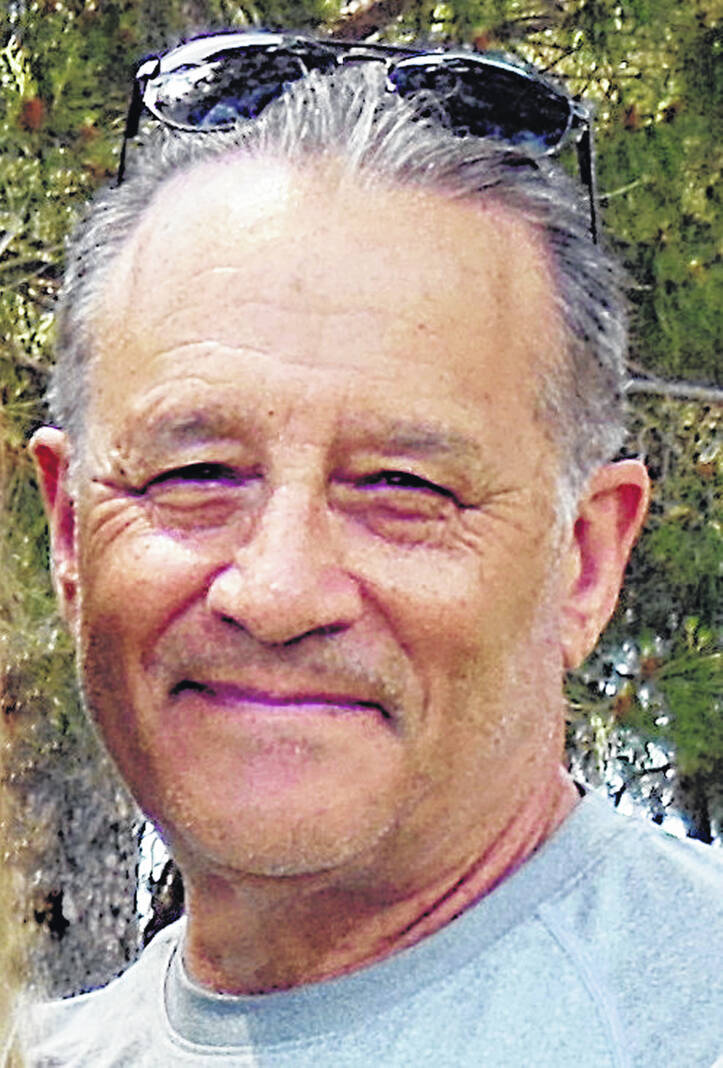
Bill Sims
Contributing columnist
Has Congressional behavior changed in these polarized times? The answer to that question has to be “yes.” However, I can also say with great confidence, “no.”
Seriously, it’s a fair question given the frustrating political paralysis we witness almost every day in Congress, and to be fair, in our statehouses, too. Here’s what pundits have had to say about our elected officials in Washington:
· “Congress is so strange. A man gets up to speak and says nothing, nobody listens, and everybody disagrees.”
· “If you inject truth into politics, you’d have no politics.”
· “Politics has gotten so expensive that it takes lots of money to even get beat nowadays.”
· “Congress just sits and waits until they find out what the president wants so they know how to vote against him.”
Sound familiar? Not the words of some pundits, they’re the views of that venerable political commentator Mark Twain. And, by the way, his observations were made between 90 and 100 years ago. So, perhaps he evidences the “no” side of the answer… the more things change the more things stay the same.
But in times past, while debate and disagreements were heated, with sharp disagreements on policy and priorities, diaries and biographies are full of tales of Democrats and Republicans retiring from the day’s work on The Hill to the bars at the historic Willard Hotel or the Off the Record basement bar at the historic Hay-Adams Hotel for jovial off-the-record banter.
John J. Burns was a political advisor to the Kennedys, both John and Robert. Writing about political times in the 1960s, he focused once on one of the most famous modern day Speakers of the House, Rep. Tip O’Neill. In a noteworthy comment he provided a glimpse into a world where politicians checked their work and animosities at the door and engaged in collegial personal relationships after hours. “Tip O’Neill was notable for his steadfast commitment to his local community, his involvement in foreign affairs, and his leading role in the Democratic Party’s battle with the Reagan administration. These papers also reveal bipartisan relationships between Tip and his Republican colleagues, including Ronald Reagan, George H.W. Bush and Gerald Ford. These were not just cordial working relationships but sincere friendships.”
On one occasion O’Neill and Reagan got into a bitter dispute where O’Neill accused Reagan of not caring a wit for the working man in America and Reagan responded that his comment was “sheer demagoguery.” Reagan later called O’Neill to apologize, and O’Neill replied, “Old buddy, that’s politics — after 6 o’clock we can be friends, but before 6 it’s politics.” This adage came to exemplify Tip’s outlook on his relationships with Republican opponents: during the work day they were adversaries; once the clock struck 6 p.m., all bets were off. The bitterness in their political battles did not necessarily survive beyond the House walls.
That was then but today, unfortunately for America, I’m afraid it wouldn’t happen. It’s not to say that we don’t have some statesman on both sides of the aisle, but the ranks are thinning. Can anyone visualize Speaker McCarthy going for drinks with President Biden across the street from the White House at the Hay-Adams?
Why does this aspect of human behavior matter when it comes to our elected officials?
In 2005, Doris Kearns Goodwin wrote a Pulitzer Prize winning book about Abraham Lincoln called “Team of Rivals: The Political Genius of Abraham Lincoln.” A self-assured Lincoln intentionally brought into his cabinet his three biggest rivals for the presidency because he thought that this amalgam of rivals might yield national policy and priorities that would strengthen the nation and be politically impenetrable. That’s statesmanship. That’s leadership.
John F. Kennedy spoke to this issue once when he said, “Let us not seek the Republican answer or the Democratic answer, but the right answer. Let us accept our own responsibility for the future.”
This is the kind of self-assured thinking of a politician who believes it is his or her responsibility to serve our nation without malice, without aspirations of celebrity, but foremost in mind the enduring strength of our nation. This means working jointly and cooperatively to create a durable political amalgamation that all sides can use to build upon for a stronger tomorrow.
Bill Sims is a Hillsboro resident, retired president of the Denver Council on Foreign Relations, an author and runs a small farm in Berrysville with his wife. He is a former educator, executive and foundation president.

